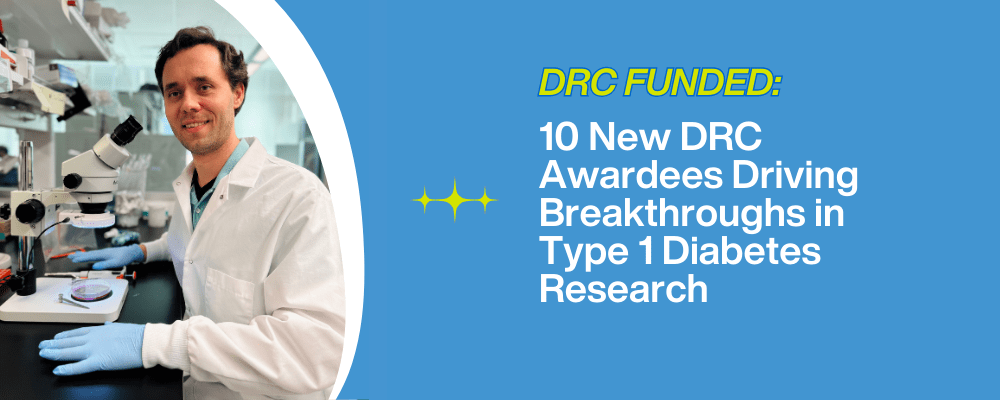A major obstacle that researchers face in treating type 1 diabetes (T1D) is the body’s own immune system. In individuals with T1D, the immune system destroys insulin-producing beta cells whether naturally occurring or introduced through novel therapeutic approaches. The use of anti-rejection drugs to protect newly injected or created cells can be hard to the body and contribute to undesirable side effects.
However, researchers at Boston Children’s Hospital are studying a new approach to treating – and potentially curing – T1D. They found that in individuals with T1D have a deficiency of PD-L1, a protein that helps prevent autoimmune reactions by binding to PD-1 receptors. By treating blood stem cells using gene therapy or a cocktail of small molecules, they were able to increase PD-L1 production. In turn, this helped to reverse hyperglycemia and better manage blood sugar levels.
In an experiment using mice with diabetes, “almost all the mice were cured of diabetes in the short term, and one-third maintained normal blood sugar levels for the duration of their lives.” In addition, the risk of adverse events is practically eliminated since the therapy uses the patients’ own cells. Though immunotherapies have been used before in an effort to treat T1D, they have not been targeted specifically for diabetes, whereas in this study, they are.
The research team has already met with the U.S. Food and Drug Administration for a pre-investigational new drug meeting regarding the combination of small-molecules used during the mouse trials in order to begin the approval process for human clinical trials.
This is an exciting step toward advancing treatment options for type 1 diabetes and potentially reversing the disease. More research is needed to determine how long the effects last and how often treatment would be needed.
The Diabetes Research Connection (DRC) is interested to see how the study progresses in the future and what it could mean for individuals living with type 1 diabetes. Though not involved with this particular project, the DRC supports early career scientists in pursuing novel research studies geared toward preventing, treating, and curing T1D, as well as improving quality of life for those living with the disease. Learn more about these researchers and their projects by visiting http://diabetesresearchconnection.org.




